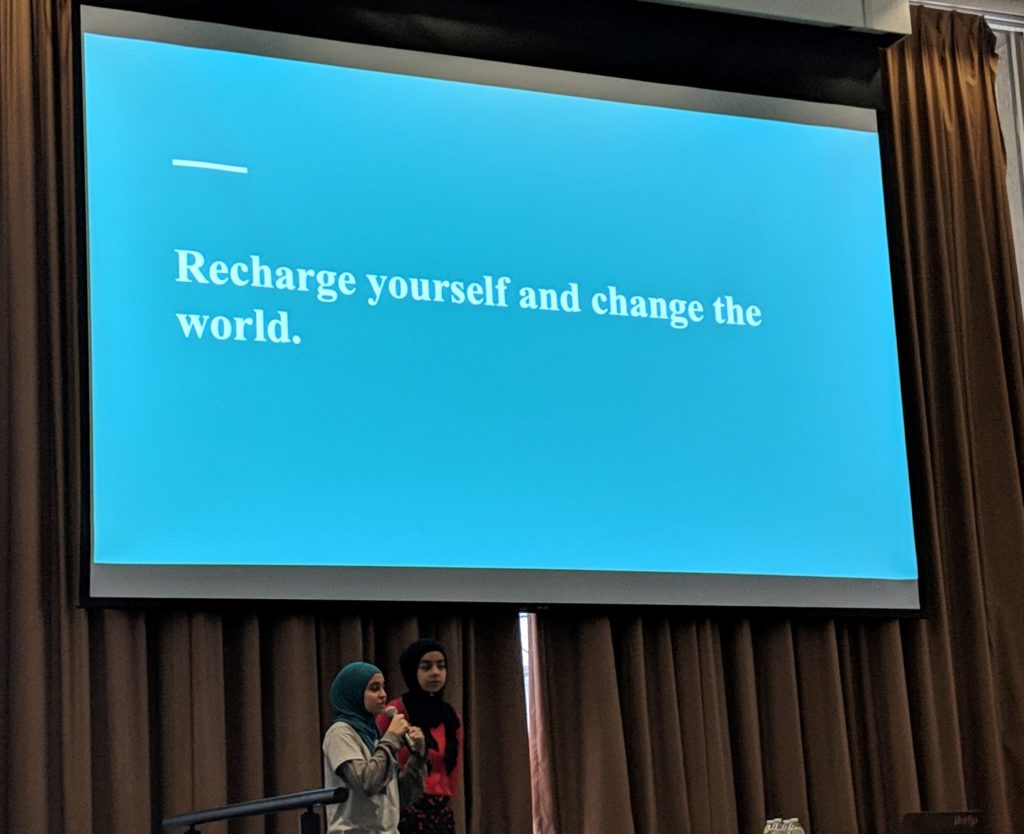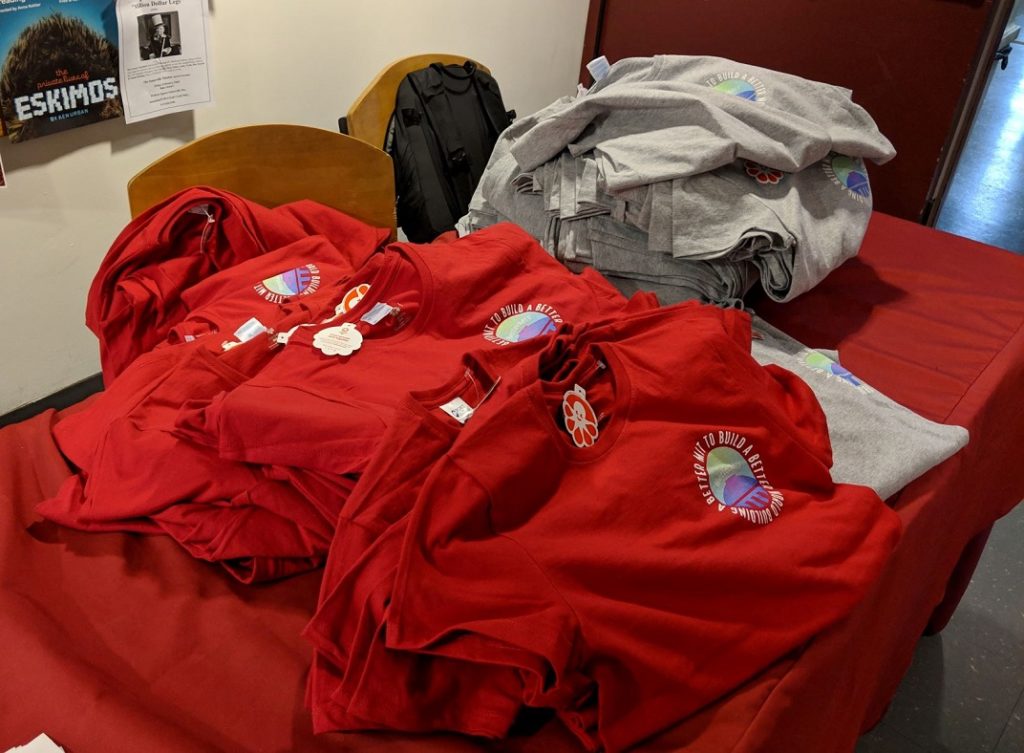
By: Seiji Engelkemier
Start: 12:10 pm
End: 4:07 pm
On Sunday February 24th, MIT community members consisting of undergraduates, graduates, and employees presented their ideas to improve MIT to a panel of three judges. The participants’ ideas included websites to help students develop intuition for p-set problems, creating a hands-on volunteering room, and expanding capabilities of online learning platforms. These ideas were pitched for the semi-final stage of the weeklong BetterMIT Innovation Design Challenge.
The BetterMIT Innovation Challenge kicked off on Monday, February 18th with a mixer for people to meet potential teammates and to share ideas. This was followed up with a speaker series on Friday before leading into the weekend design challenge and Monday’s presentations by the finalists. The event was hosted by the Undergraduate Association’s technology and innovation committees with the purpose of providing a venue for students to have discussions and access to resources to enable them to solve their own problems.
The judges, who came from MIT’s IS&T, the Office of Minority Education, and MindHandHeart, listened to seven pitches. An employee working on edX, an online learning platform, shared a concept to enable students to access high performance computing (HPC) capabilities on sites like edX. The motivation for this is to allow hands-on learning of topics like machine learning and computational biology without the cost barrier of HPC equipment.
Two first-year students looked at the frustration students face when dealing with the tension between completing daily work and their motivation to solve larger, impactful problems. They came up with the Recharge Room. This would be a place for students to partake in short volunteering activities like making care packages as a positive outlet for stress. Two participants, tackling a meta-problem, presented Hacking MIT as an all-in-one online platform for hackathon organizers and participants to more easily find events, teammates, and record ideas.
Two pitches converged on the issue of providing better learning materials for students. The concept called Feynman focused on an online animated whiteboard where students could share their problem solving process. The other, Mind Network, focused on a website with written solution work-throughs that endeavored to make resources traditionally available to limited groups open to everyone, even outside of MIT.
Mental health was also a shared topic between two groups. One idea was an app to track users’ feeling, detect mental health risks, and connect them with peers. This contrasted with the only non-technology-based idea from the participants. A graduate student shared an ongoing event called FAIL! where accomplished, mostly academic speakers share their experiences with failure and how they dealt with it.
After a short period of discussion between the judges, the presenters for Hacking MIT, FAIL!, Recharge Room, and Mind Network were selected to present on Monday to members of MIT’s administration. That audience will include Vice Chancellor Ian Waitz, Dean Suzy Nelson, and Chancellor Cynthia Barnhart. Apart from Recharge Room in 4th place, the groups moving onto Monday will also receive cash prizes.

The audience for Sunday’s semi-finalist pitch was small. It consisted of the three judges, participants, and the event organizers. Tables had been set up to accommodate more than 50 people, and the audience mostly sat at their own tables. The event organizers were surprised at the low turnout, having seen at least 65 registrations. They speculated that time commitment and the event format may been challenges in achieving their goal to encourage students to identify problems and access resources to help them develop their solutions. The organizers purposefully avoided using the word hackathon which might connotate software-based solutions and dissuade potential participants. Thus, they went with the more inclusive phrase, “innovation challenge”. Still, they expressed interest in changing the description and even the design of their weeklong event to focus more on promoting productive discussions and connecting students with common interests. They noted anecdotally that conversations around campus revolve around lamenting on commonly experienced problems but often do not evolve into deeper conversations about causation and solutions.
